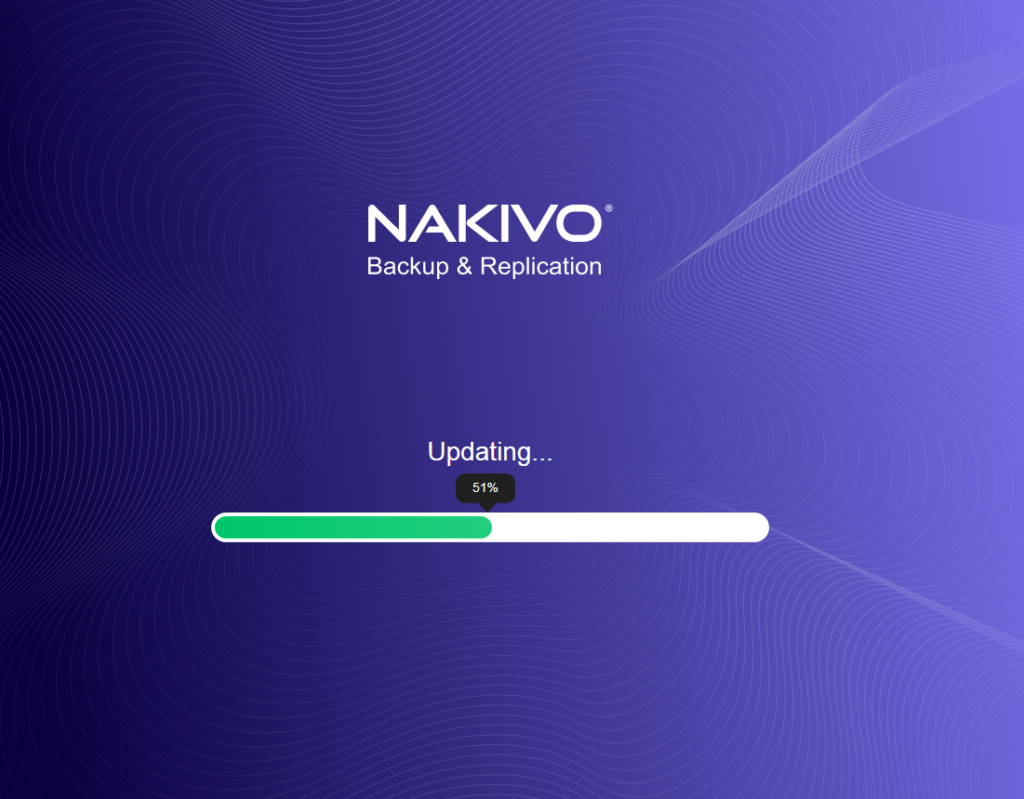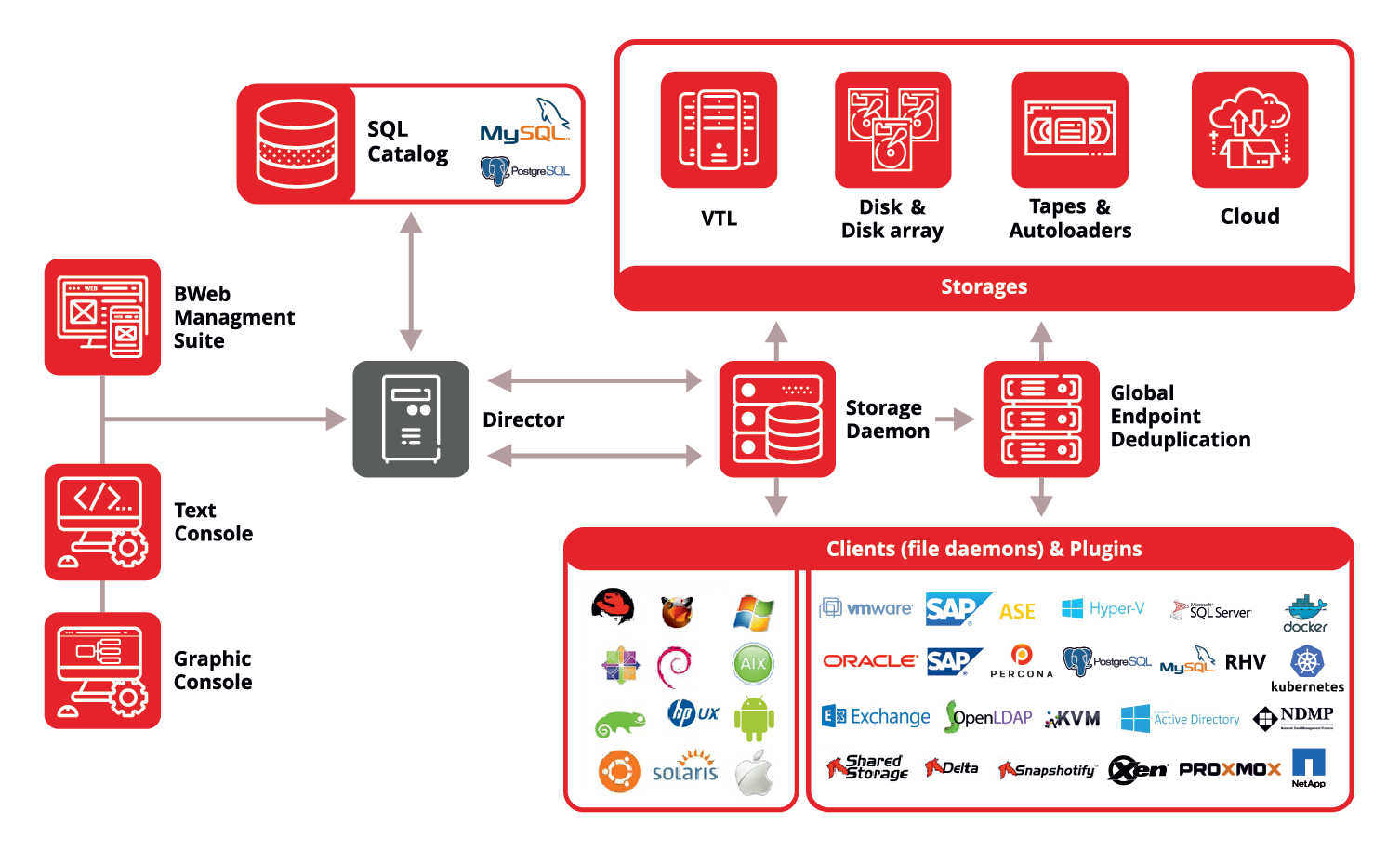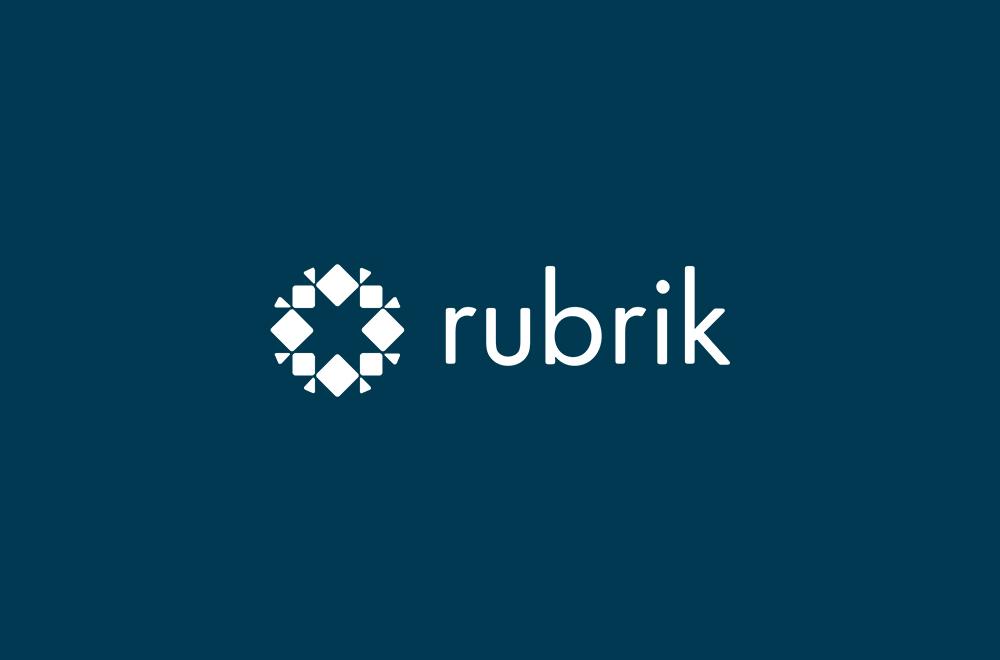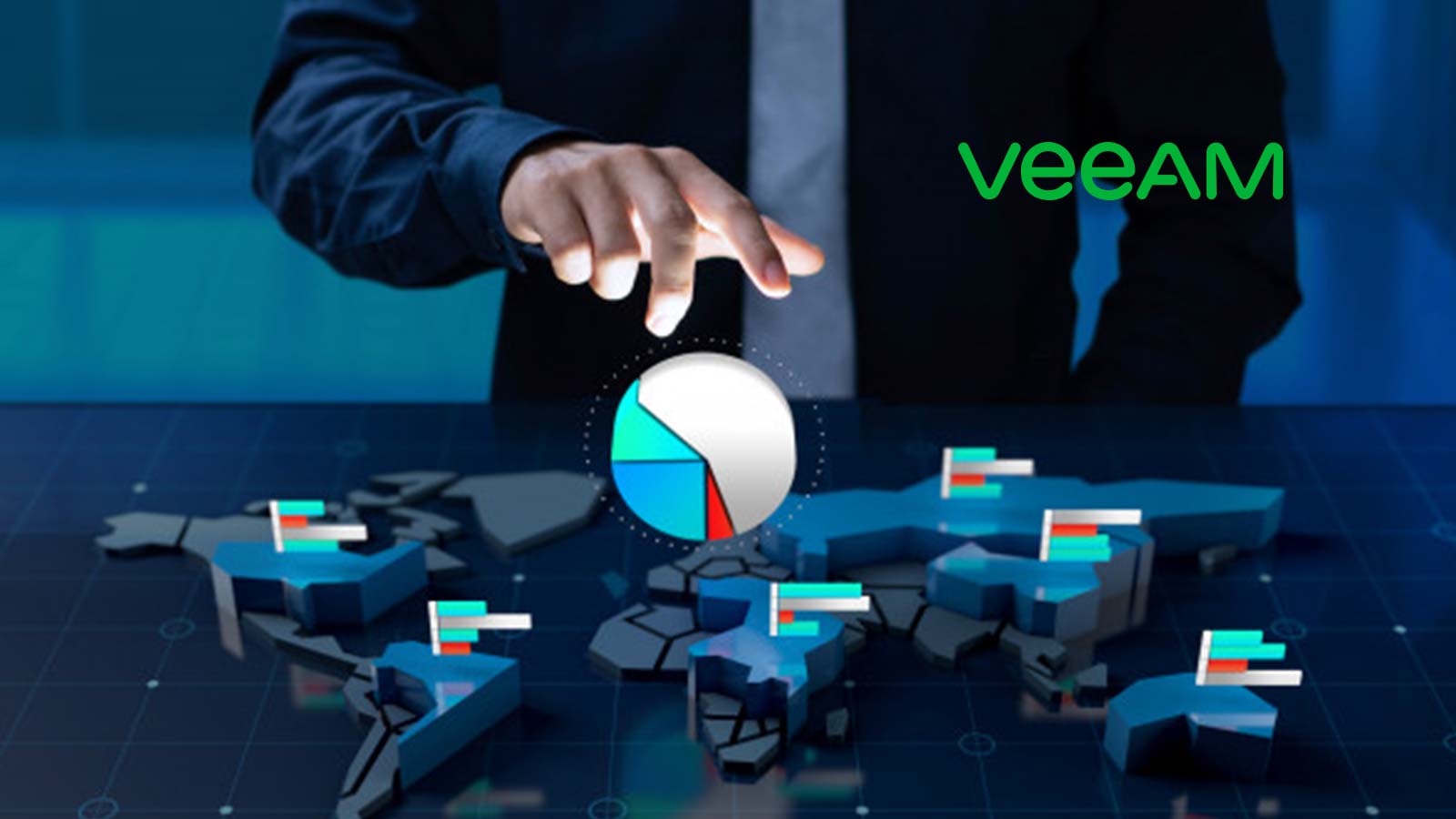Information, or data, is one of the most important resources for pretty much any company, no matter if it’s a small local business or a massive worldwide enterprise. For that exact reason, protecting said data should be as high as it gets on any company’s list of priorities. Data loss tends to cause massive problems for all of the companies involved, from suffering severe damage to a company’s stability in general to paying fees for compliance breaches or even losing the business in its entirety.
Fortunately, there are means to prevent such a catastrophe. One of the most commonly known ways of protecting a company’s data is to implement a backup system – enterprise backup system, specifically.
Generally speaking, the main goal of any enterprise backup system is to transfer copies of data from the main location of the organization to a backup location of the user’s choice.
The entire market of enterprise backup solutions is vast and varied, and constantly evolving due to the need to keep up with all the advantages that companies are implementing into their workflows. Right now, there are many solutions that can fit a specific niche or use case. More details: https://www.baculasystems.com/blog/best-enterprise-backup-solutions/.
One of the biggest reasons for the enterprise backup market growth is the constant growth of the amount of data processed by each and every company on a regular basis. A dedicated network infrastructure capable of transferring massive amounts of data is one of the main requirements for a backup solution in the modern day.
Additionally, it’s important to remember the probability of a worst-case scenario, when a backup location gets completely erased for one reason or another. This is why most of the backup solutions offer several different backup locations and various contingency plans to mitigate the consequences of this risk.
When it comes to scalability, there is one method that some backup solutions use – a tiered backup system. A tiered backup system means that multiple different data transfer and data storage types are involved in your backup process. This allows companies to scale with their clients, adding more storage and bandwidth as the client grows.
Surprisingly enough, scalability, in general, is a massive problem for a lot of backup solutions, since not all of them are ready for daily growth in a client’s data volume. This is why it’s relatively common for a company to simply outgrow its old backup solution if it’s incapable of scaling along the way. Another important point here is the need for any backup solution to support the major data movers, such as Commvault or NetBackup – eliminating the possibility of a business disruption.
That being said, we can also go over some of the most prominent players on the market, as well as their advantages and specific features. Here’s a list of the top 5 enterprise backup solutions:
NAKIVO Backup & Replication

NAKIVO Backup & Replication is one more participant of this market, one of the many solutions that NAKIVO in general offers on a regular basis. NAKIVO’s backup solution is quick and agile, works with physical and virtual environments, as well as data protection of the highest level, incremental backups, and overall a great performance with an easy-to-use interface.
Bacula Enterprise

Bacula Enterprise is a multifunctional backup and recovery solution that offers a variety of features within one single package. There are many features that Bacula can offer, such as the support for various Linux distributives, low deployment cost, the choice between web-based GUI and a regular command line, as well as deduplication, data compression, multiple backup levels, and so on.
Rubrik

Rubrik is a favorable solution when it comes to hybrid IT environments. Two of the main solutions that are exclusive to Rubrik are RCDM (Rubrik Cloud Data Management) and Polaris. The former is a solution to simplify the cloud integration and data protection processes. The latter is a data management platform capable of detecting ransomware, managing policies, and so on.
Veeam

If we’re talking strictly virtual solutions, Veeam would be another one worth mentioning. Offering complete protection of Hyper-V and VMware virtual environments, as well as backup and recovery features, Veeam is your choice when there’s a need for a flexible and capable solution with many features – including deduplication, file-level recovery, and many others.
Conclusion
Enterprise backup is a relatively deep and complex topic, with a lot of nuances and specifics. It’s relatively easy for the client to find a solution that fits their specific needs, but it’s pretty hard to enter the market of enterprise backup solutions since it’s already highly competitive and borderline overpopulated.
At the same time, new business types open new niches in the backup market all the time, so it’s still possible. As for the client-side of things, enterprise backup has a lot of terms that many people might be unfamiliar with – but it’s still understandable enough for the majority of people to work with.
Having a dedicated backup solution is a must for all of the companies that are concerned about their data being stolen or corrupted beyond repair by complete accident, or via someone’s malicious intent. The market for backup solutions is wide and varied, it should be possible to find the one solution that fits your specific company the most.




